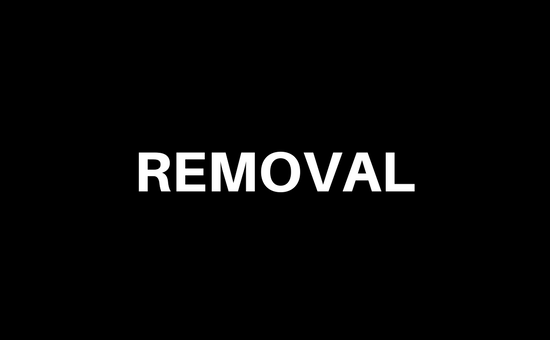Frequently, circuit courts decide that they are not able to decide some issues raised by a noncitizen who has been ordered removed and who appeals from the immigration court or the Board of Immigration Appeals. Often, the circuit court decides this because the non-citizen who appeals did not “exhaust” his or her “administrative remedies.” Put differently, the circuit court decides that it may not rule on the particular issue because the noncitizen did not raise the issue at immigration court and in front of the BIA.
Exhaustion is required by the INA when it comes to orders of removal. 8 U.S.C.A. § 1252 reads, in part, “A court may review a final order of removal only if … the alien has exhausted all administrative remedies available to the alien as of right …”
For this reason, it is important for noncitizens to know which arguments they plan on making before their Master Calendar Hearing. Objecting to evidence, offering evidence, raising legal arguments, and otherwise “creating the record” before the immigration court and then briefing all evidentiary and legal issues before the Board of Immigration Appeals (BIA) is important to be able to seek circuit court review, if such review proves to be necessary.
Difference Between Circuits
The case law on exhaustion of remedies is extensive, and the circuit courts have often varied on issues involving the extent to which statutory, regulatory, and constitutional claims must be raised and briefed before the immigration court and the Board of Immigration Appeals for administrative remedies to be considered exhausted.
Some circuit courts have been liberal in the application of the exhaustion requirement in cases involving final orders of removal. Where the noncitizen makes some effort to put the BIA on notice of an issue being raised on appeal, he or she may be deemed to have exhausted his or her remedies.
Exceptions to the Exhaustion Requirement
There are exceptions to the exhaustion requirement. For example, one exception relates to a noncitizen “waiving” his or her right to appeal a decision of the immigration judge. Such a waiver, arguably, forecloses an opportunity to raise an issue at the BIA. Without raising the issue at the BIA, a noncitizen will (in general[1]) fail to exhaust his or her administrative remedies. However, here is the exception: if the waiver was not knowing and intelligent, the exhaustion requirement may be excused. This is just one example of an exception.
While there are more exceptions, it is important to note that the exceptions are not as encompassing as many non-citizens imagine they would be. For example, there is no exception that allows the exhaustion requirement to be excused when a noncitizen claims to be in the dark about errors an immigration judge made or when a noncitizen who represents himself claims that he was ignorant about the exhaustion requirement.
[1] When an issue is completely foreclosed by BIA case law, the noncitizen may not have to appeal to the BIA in order to satisfy the exhaustion requirement.
